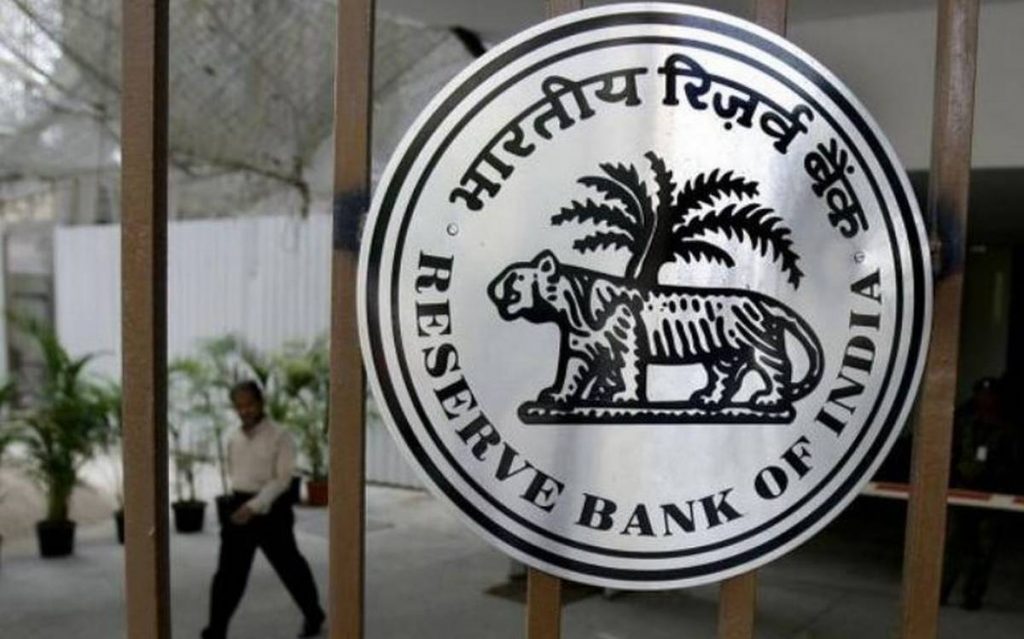
RBI Unveils Second National Strategy for Financial Education
Introduction
On 20th August 2020 the Reserve Bank of India unveiled a national strategy for financial education to be implemented in the next 5 years. It is a document, published by RBI that is aimed towards developing financial services, financial literacy, and awareness across the country through the implementation of various targets. The first NSFE document was released by the National Centre for Financial Education for 2013-18.
Strengthening and consolidating financial inclusion in the country has been one of the critical developmental agendas of both the Central Government of India and the four financial sector regulators (RBI, SEBI, IRDAI, and PFRDA). Hence, the document was prepared in consultation with the four financial sector regulators and other relevant stakeholders.
Objectives
The ‘National Strategy for Financial Education 2020-2025′ has suggested a multi-stakeholder-led approach for creating a financially aware and empowered India. The ‘5-C approach’ for the dissemination of financial education outlined by the strategy paper, are Content development, Capacity building, Community model, Communication strategy, and Collaboration of stakeholders. To achieve the dream of creating a financially aware and empowered India, NSFE has laid down strategic objectives:
- To inculcate financial literacy concepts among the different sections of the population through financial education to make it an essential life skill and promote active savings behavior.
- Managing risk at different life stages through germane and suitable insurance cover and plan for retirement through coverage of suitable pension products.
- It also inculcates knowledge about rights, duties, and avenues for grievance redressal. It will improve research and evaluation methods to assess progress in financial education.
- Encourage participation in financial markets to meet financial goals and objectives, encourage availing credit from formal financial institutions as per requirement, and improving usage of digital financial services safely and securely.
Core Focus
The document stresses the improvement of financial literacy content for school children, teachers, young adults, new entrants at workplace/entrepreneurs (MSMEs), senior citizens, persons with disabilities, and illiterate people- with particular focus on women. Action plan for NSFE (2020-25) states: “Update content of financial education in the school curriculum for students of classes VI to X.”
It also makes a case for the development of a financial literacy mobile app and leverage social media. NSFE further states that the Technical Group on Financial Inclusion and Financial Literacy (TGFIFL) would be responsible for periodic monitoring and implementation of the National Strategy for Financial Education. It also calls for the incorporation of financial education in courses like B.Ed/M. Ed, in addition to other teachers’ training courses to create a batch of financially educated teaching professionals. There would also be regular monitoring of the activities undertaken by various stakeholders for the dissemination of basic, sector-specific, and process literacy.
Evaluation of National Strategy
As evaluation is mandatory to check on whether the strategies are implemented correctly or not, it has been decided that a Mid-term Evaluation shall be undertaken at the end of 3 years of Strategy implementation (2022-2023). A comprehensive National Survey at the end of the Strategy implementation period shall be conducted in 2025 and will be presented for the changes made in these five years.
Inspiration from Other Countries
The Reserve Bank of India observed that, as of mid-2018, more than 35 countries, including China, Brazil, and Indonesia had a national financial inclusion policy. Some common themes across these nations included: (i) following a sector- target-based approach (ii) strengthening the necessary infrastructure of payment mechanisms, (iii) robust regulatory framework, (iv) inclusion of innovation and technology, and (vi) timely evaluation of progress made in financial inclusion.




